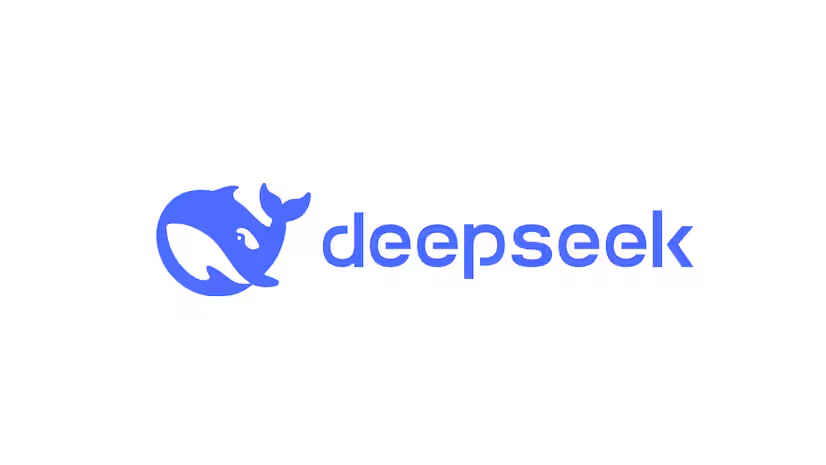The US Commerce Department is investigating whether DeepSeek, the Chinese AI company that recently launched a high-performing assistant, has been using US chips in violation of export restrictions. These chips are prohibited from being shipped to China, raising concerns about DeepSeek’s rapid rise in the AI sector. Within days of launching, its app became the most downloaded on Apple’s App Store, contributing to a significant drop in US tech stocks, which lost around $1 trillion in value.
The US has imposed strict limits on the export of advanced AI chips to China, particularly those made by Nvidia. These restrictions aim to prevent China from accessing the most sophisticated AI processors. However, reports suggest that AI chip smuggling from countries like Malaysia, Singapore, and the UAE may be circumventing these measures. DeepSeek has admitted to using Nvidia’s H800 chips, which were legally purchased in 2023, but it is unclear whether it has used other restricted components.
The controversy deepened when Anthropic’s CEO Dario Amodei commented that DeepSeek’s AI chip fleet likely includes both legal and smuggled chips, some of which were shipped before restrictions were fully enforced. While DeepSeek has claimed to use only the less powerful H20 chips, which are still permitted to be sold to China, the investigation continues whether these practices undermine US efforts to limit China’s access to cutting-edge AI technologies.










